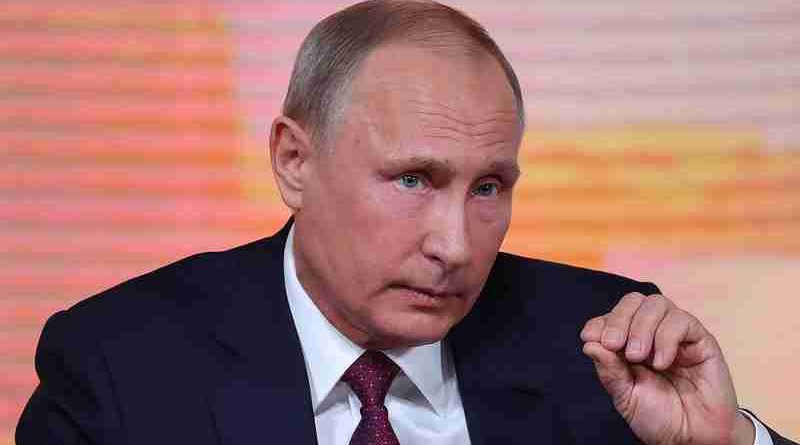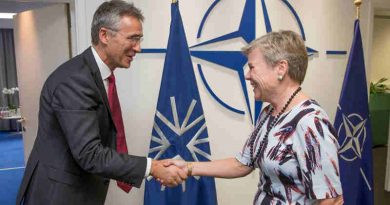Navalny’s Poisoning Case: Europe to Impose Sanctions on Russia

The resolution urges the deployment of sanction mechanisms that would allow the European assets of corrupt individuals to be collected and frozen in accordance with the findings of Alexei Navalny’s Anti-Corruption Foundation.
By Rakesh Raman
The European Parliament passed a resolution on September 17 with 532 votes in favour, 84 against, and 72 abstentions, to condemn the attempt to assassinate prominent Russian opposition politician and anti-corruption activist Alexei Navalny with a nerve agent.
The text notes that the poison used, belonging to the “Novichok group”, can only be developed in state-owned military laboratories and cannot be acquired by private individuals, which strongly implies that Russian authorities were behind the attack.
Should someone else, nevertheless, be found responsible, it would still be a clear breach of Russia’s international legal commitments, according to the text.
The Member of European Parliament (MEPs) underline that the attempted assassination of Navalny was part of a systemic effort to silence dissident voices in Russia, in particular with a view to influencing Russia’s local and regional by-elections on 11-13 September.
NATO Secretary General Jens Stoltenberg has also said that there is proof beyond doubt that Mr. Navalny was poisoned using a military-grade nerve agent from the “Novichok group.”
All NATO Allies have condemned the attack and called on Russia to cooperate with the Organisation for the Prohibition of Chemical Weapons (OPCW) on an impartial, international investigation.
The NATO Secretary General stressed that the attack on Mr. Navalny is also an attack on fundamental democratic rights and a serious breach of international law, which demands an international response.
Navalny – a fierce critic of Russian President Vladimir Putin and founder of Moscow-based Anti-Corruption Foundation – was taken to Germany for treatment in August from the Siberian city of Omsk where doctors had kept him in a state of artificial coma. The German hospital treating him has said that tests indicate he was poisoned.
The European Parliament resolution asserts that the Navalny case is only one element of a wider Russian policy focusing on oppressive internal policies and aggressive actions worldwide.
The resolution asks for an international investigation into Navalny’s case and the alleged breaches of Russia’s international commitments in the area of chemical weapons to be launched immediately, while urging the Russian authorities to fully cooperate with such an inquiry and to hold those responsible to account.
It also calls on EU member states to take an active stance on the matter such as swiftly putting in place ambitious restrictive EU measures vis-à-vis Russia and strengthening already existing ones.
The text urges the deployment of sanction mechanisms that would allow the European assets of corrupt individuals to be collected and frozen in accordance with the findings of Alexei Navalny’s Anti-Corruption Foundation.
By Rakesh Raman, who is a national award-winning journalist and social activist. He is the founder of a humanitarian organization RMN Foundation which is working in diverse areas to help the disadvantaged and distressed people in the society.




